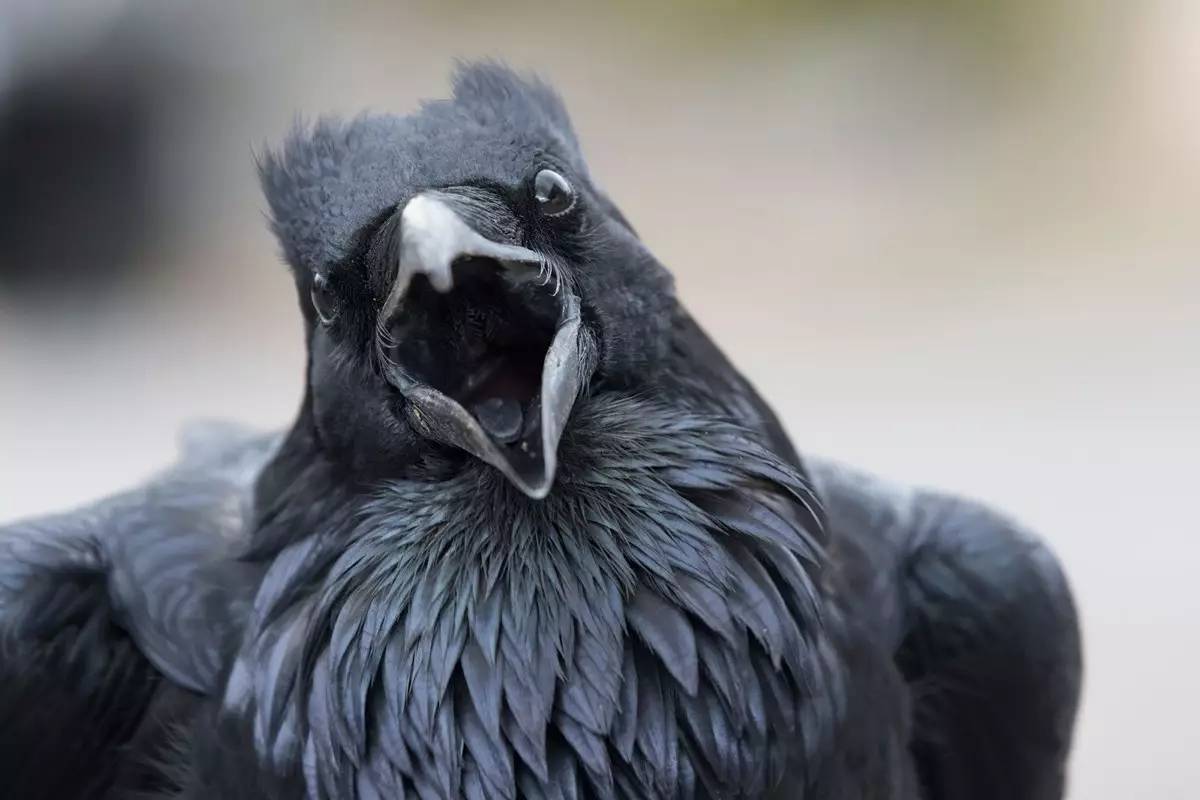Understanding Washington Exotic Pet Laws: A Comprehensive Guide for Pet Owners
#### Washington Exotic Pet LawsWhen it comes to owning exotic pets, understanding the legal framework is crucial. The Washington Exotic Pet Laws outline wha……
#### Washington Exotic Pet Laws
When it comes to owning exotic pets, understanding the legal framework is crucial. The Washington Exotic Pet Laws outline what types of animals can be kept as pets, the permits required, and the regulations that ensure both animal welfare and public safety. This guide aims to provide a detailed overview of these laws, helping current and prospective exotic pet owners navigate the complexities of pet ownership in Washington State.
#### Types of Exotic Pets Allowed
In Washington, the definition of "exotic pets" includes a wide range of animals that are not typically considered traditional pets, such as cats and dogs. The Washington Exotic Pet Laws specify which species are allowed and which are prohibited. Generally, animals like reptiles, certain birds, and small mammals can be owned without special permits. However, larger animals like big cats, primates, and certain venomous reptiles are strictly regulated or banned altogether.

#### Permits and Licensing
For those looking to own an exotic pet that falls under a regulated category, obtaining the proper permits is essential. The Washington Exotic Pet Laws require potential owners to apply for a license through the Washington Department of Fish and Wildlife (WDFW) for certain species. This process often involves providing detailed information about the animal's habitat, care requirements, and how the owner plans to ensure the animal's welfare. Failure to obtain the necessary permits can result in hefty fines and the confiscation of the animal.
#### Animal Welfare Standards
Washington's laws also emphasize the importance of animal welfare. The Washington Exotic Pet Laws stipulate that all exotic pets must be cared for in a manner that meets their physical and psychological needs. This includes providing appropriate housing, nutrition, and veterinary care. Owners are responsible for understanding the specific needs of their exotic pets and ensuring that they are met to prevent neglect or abuse.
#### Public Safety Regulations
Another critical aspect of the Washington Exotic Pet Laws is the focus on public safety. Certain exotic animals can pose risks to humans and other pets, leading to regulations that govern their ownership. For instance, owners of potentially dangerous animals may be required to implement safety measures, such as secure enclosures and warning signage. The laws aim to protect both the public and the animals themselves from potential harm.
#### Conclusion
In conclusion, the Washington Exotic Pet Laws are designed to create a balanced approach to exotic pet ownership, ensuring that animal welfare and public safety are prioritized. For anyone considering adding an exotic pet to their family, it is essential to familiarize themselves with these laws to avoid legal issues and promote responsible pet ownership. By understanding the regulations surrounding exotic pets, owners can enjoy their unique companionship while contributing to a safe and humane environment for all.